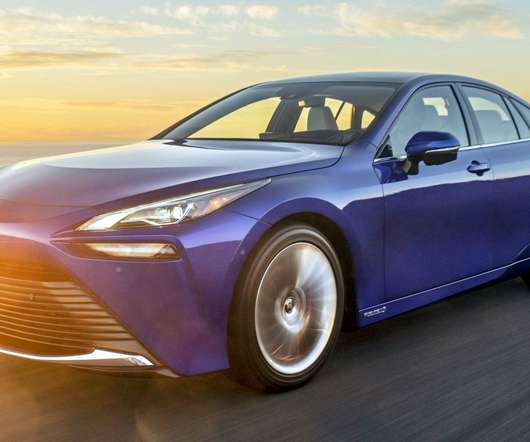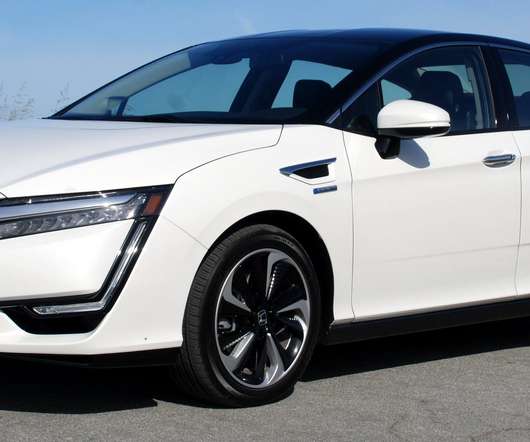New report finds global CO2 vehicle emission reduction measures falter; dropping diesels, increasing SUVs
Green Car Congress
MARCH 21, 2019
Vehicle fuel economy improvements have slowed globally, according to the latest report from the Global Fuel Economy Initiative (GFEI): Fuel Economy In Major Car Markets: Technology And Policy Drivers 2005-2017. To achieve these targets now, annual improvements to the global fleet would have to be around an average of 3.7%—more








































Let's personalize your content